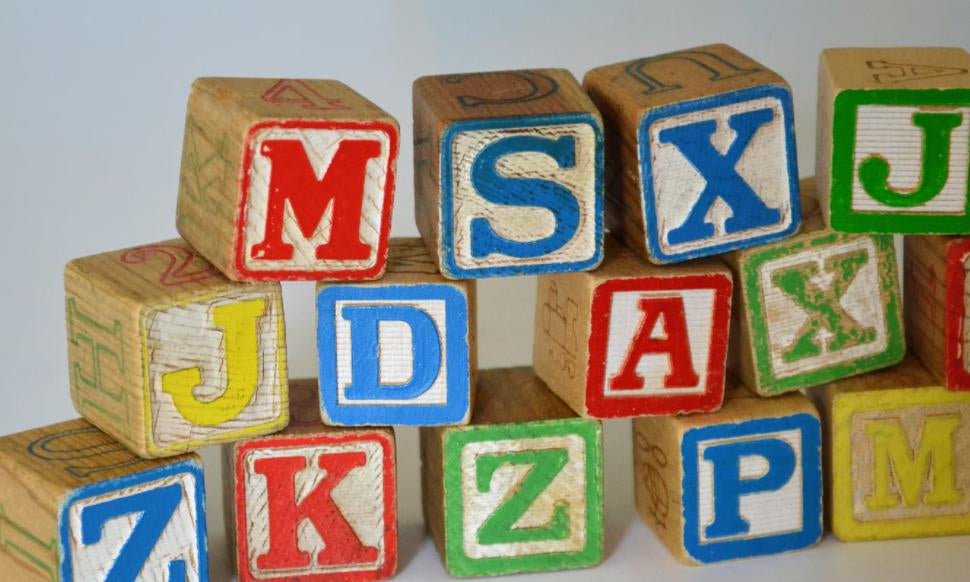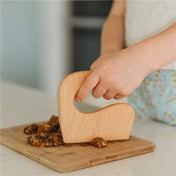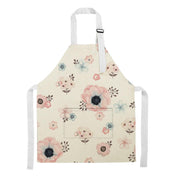Wooden Educational Toys- Your Complete Guide
Are you looking for a great range of educational toys for Australian kids and toddlers? Here at My Happy Helpers, we’re proud to provide quality educational and wooden learning toys to boys and girls all around Australia.
Our Montessori-inspired educational toys for toddlers are the ideal gift for kids who crave knowledge and learning. Whether it’s educational toys for mathematics, language or practical life skills, we have it all, so why not browse our fantastic range of high-quality educational toys online?
The primary function of a toy is to create a fun environment for playing. However, educational toys are designed to fine-tune your child’s motor skills, problem-solving, conflict resolution and encourage them to see learning as a fun and joyful experience.
To help your little one get the most out of their playtime, it’s important to consider investing in well-made and designed educational toy sets.
From educational puzzle toys and jigsaws to musical instruments and flashcards, we have some of the most popular and well-loved childrens' educational toys Australia-wide.
What are educational toys?
Many parents will be aware of the benefits of toys for their child’s development, but what exactly are educational toys and what makes them different from regular toys?
Learning and educational toys are those that play a key role in your child’s development and have been specifically designed to stimulate intellectual, cognitive, motor and social development.
However, these toys aren’t necessarily just memory cards or wooden blocks with letters and numbers. We recognise that children learn in different ways, and the best way for them to learn is through play.
Through interaction, observation and imaginative play, your child will learn how to solve problems, get along with other children, build their attention span, and so much more.
Why are educational toys important?
According to Dr Rachel E. White’s research summary, The Power of Play, “playful activities benefit the development of the whole child across social, cognitive, physical, and emotional domains.”
In fact, some researchers have even found that playing contributes to proper brain development as it images all aspects of a child’s growth and development, including problem-solving, creativity, language and self-regulation.
And, because playing is so important to your child’s growth, it only makes sense that investing in the right educational toys will only benefit them.
What are the benefits of educational toys?
The benefits of educational toys are numerous, and they can help your baby or toddler in a variety of ways.
1. Educational toys develop cognitive skills

When researchers refer to a child’s cognitive skills, they are talking about the core skills that the brain uses to reason, think, problem-solve, memorise and pay attention.
In a study by Schulz and Bonawitz, researchers found that children can use play to scientifically reason about novel objects in their environment and to test hypotheses about how those objects operate.
Therefore, when playing with learning and educational toys that feature numbers, colours and shapes, your little one will develop their cognitive skills and develop their understanding, not only how the toy operates but how it works and how they can exert control over it.
2. Educational toys help with motor development

Motor development is vital to the healthy growth of your child, and specific educational toys will help facilitate your little one’s gross and fine motor skills.
For example, when playing with building blocks, they learn to engage in the refined use of the muscles in their hands and fingers when gripping - fine motor skills.
Alternatively, when playing with larger loose parts, they develop their gross motor skills.
Growing and nourishing these skills leads to greater benefits along the line, as found by Libertus, Joh and Needham who found that “motor skills initiate developmental cascades that can spread across domains” such as attention span, language development and more.
3. Educational toys grow social intelligence

When playing with other children, your child builds up a context for their entire development, both socially and emotionally.
They learn to interact with others through offering to share, inviting others to play, expressing approval or disapproval of their playmate’s behaviour, and learning to communicate these feelings.
Hirsch-Pasek found that when navigating these situations, kids learned “how their own desires may differ from those of another child, how to advocate for their own ideas, how to deal with frustration, how to work in a group, and how to respond in socially appropriate ways”.
Should I join in on playing with educational toys at home?

Your little boy or girl is filled with boundless energy, and the best thing you can do for them is to play and interact with them.
Although all children can benefit from unstructured playtime by themselves, with their siblings or other children, there are unique benefits that come with playing with their parents and other adults.
Studies in child development have shown that infants and toddlers use different behaviours when playing with an adult or parents (as opposed to playing with another child), and they are more likely to regulate their emotions and develop collaborative skills.
More importantly, playing with your child one-on-one builds and strengthens the bond between parent and child, letting them know they are loved and appreciated and opening the door for sharing problems, joys, or questions in the future.
What are the best educational toys for babies?
From the moment they are born, your child begins to take in the world around them. From the age of 1-3 months, your baby will start to observe their surroundings, but because their vision is still blurry, they’ll be able to see bright and boldly patterned objects more easily.
Within their first year of life, we recommend introducing toys that encourage interaction and engage with their senses.
This means toys that squeak or crinkle, have interesting textures, and are visually exciting are the best educational baby toys.

We suggest:
What are the best educational toys for toddlers aged 12-24 months?
As your child grows, they will become more mobile. Once your little one hits the one year mark, introducing toys that help with balance and coordination will help them develop their mobility.
As they begin to walk, you can even incorporate numbers by counting their steps, which will help them become more familiar with the terms and their meanings. From this age, we also recommend introducing themed playsets that will help with their recognition skills.
For example, a farm playset will help them learn the sounds each animal makes. There are plenty of modern educational toys that will help your toddler reach essential milestones from the ages of one and two.

We suggest:
What are the best educational toys for kids aged 24-48 months?
From the ages of 2 and 4, your child will be much more active, so this is a time to incorporate toys that promote physical play, such as balance bikes and scooters.
However, it’s also a great age to introduce more toys that will build their cognitive skills and fine motor skills.
Meanwhile, games and books that help them develop name recognition and literacy skills are crucial to helping them familiarise themselves with how the words they hear look on a page.
As your child’s play becomes more purposeful, you can also introduce toys that help them act out their imaginations and create fantasy worlds independently. When it comes to educational toys for pre schoolers, we suggest:

What are the best children's' educational toys for those aged 4-5 years?
As your child hits the ages of 4 and 5, they’ll be starting school, and you’ll see an explosion in learning ability. To help your little one get ahead, introduce interactive toys that focus on mathematical and verbal skills, as well as foster their creative skills and allow them to express themselves.
We suggest:
My Happy Helpers are dedicated to providing families with quality educational toys Australia-wide. If you would like to purchase or are interested in the different types of educational toys we have for sale, browse our selection or email our team for more information about the products.





